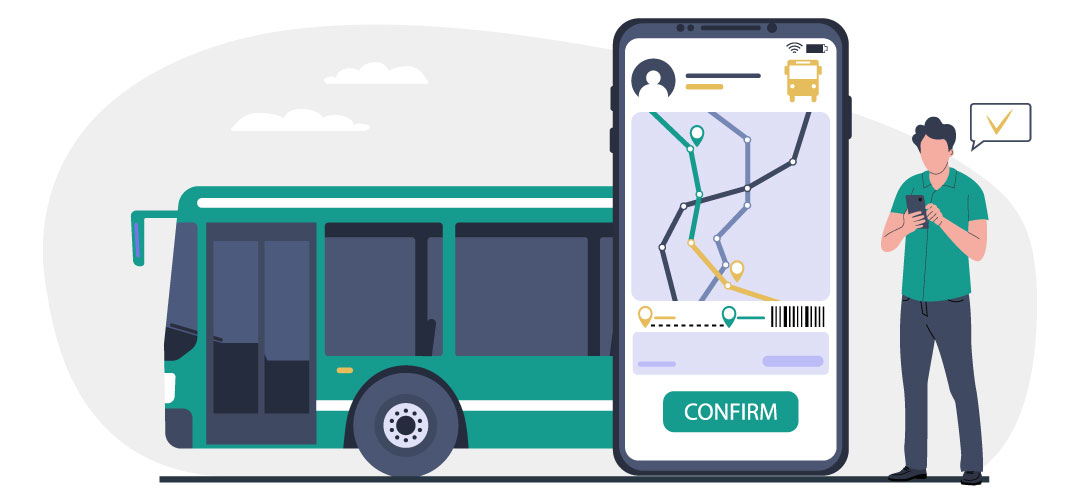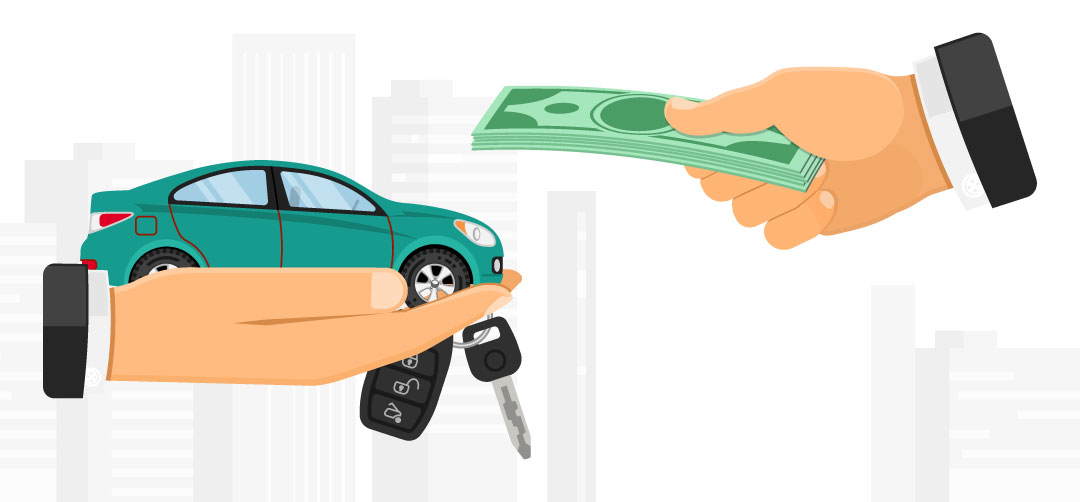
Paid Rental Programs: How Service Departments Can Drive Revenue and Efficiency
Paid Rental Programs: How Service Departments Can Drive Revenue and Efficiency
For service managers, managing the dealership’s loaner fleet often feels like a necessary expense rather than a profit opportunity. But introducing a paid rental program can change that narrative — transforming a cost center into a revenue stream while improving operational efficiency and customer satisfaction.
Data shows that service departments are absorbing substantial costs by providing free loaners. According to NADA, the average dealership spends $45-$50 per day per loaner vehicle, factoring in depreciation, insurance, maintenance, and fuel. For a fleet of 20 vehicles with high utilization, that equates to more than $300,000 per year – cutting deeply into service profits.
At the same time, customer demand for alternate transportation is growing. Cox Automotive research reveals that 60% of service customers expect a replacement vehicle when their car is in the shop. With expectations rising, service managers need a solution that maintains customer trust without bleeding cash.
Paid rental programs solve this problem. By charging modest daily rates – typically between $30-$40 per day, competitive with local rental car options – dealerships can offset or fully recover fleet costs. This approach also reduces unnecessary loaner usage. Studies show that implementing paid rentals can reduce fleet overuse by 20-30%, making more vehicles available for customers who truly need them and lowering wear and tear.
Additionally, paid rentals increase customer satisfaction by offering a clear, professional process. Customers appreciate the convenience and transparency, especially when rates are reasonable and they can stay with a brand they trust.
For service managers looking to protect their budgets and improve operations, a paid rental program is a smart, data-driven strategy. It meets customer expectations, improves fleet utilization, and delivers measurable revenue – turning an operational headache into a competitive advantage.


